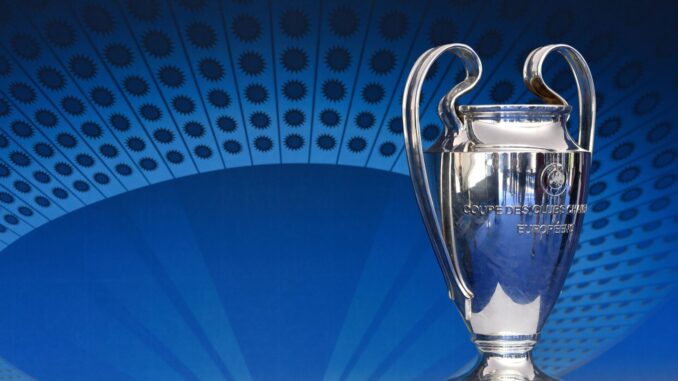
The UEFA Champions League, often heralded as the pinnacle of European club football, is a tournament that transcends sporting excellence to become a global spectacle. As elite football clubs from across the continent vie for the coveted trophy, the competition unfolds as a thrilling narrative of skill, drama, and passion. In this article, we explore the history, format, and cultural impact of the Champions League.
A Legacy of Excellence:
The Champions League traces its roots back to the European Cup, inaugurated in 1955. The competition aimed to determine the top club in Europe, with Real Madrid securing the inaugural title. Over the years, the tournament evolved, becoming the UEFA Champions League in 1992, expanding its format and solidifying its status as the premier club competition in European football.
Format and Prestige:
The Champions League features the best football clubs from Europe, including powerhouses like FC Barcelona, Real Madrid, Bayern Munich, and Liverpool. The tournament format comprises a group stage followed by knockout rounds, culminating in a grand final that crowns the champion of Europe. The prestige associated with lifting the iconic trophy places the Champions League at the pinnacle of club football achievements.
Iconic Moments and Memorable Matches:
The Champions League has given rise to some of the most iconic moments and memorable matches in football history. From Liverpool’s miraculous comeback against AC Milan in 2005 to Manchester United’s dramatic stoppage-time victory over Bayern Munich in 1999, the tournament consistently delivers high-stakes drama that captivates audiences worldwide. These moments become etched in the collective memory of football enthusiasts, contributing to the competition’s enduring legacy.
Global Appeal and Broadcasting:
The Champions League’s global appeal extends far beyond the borders of Europe. The tournament’s matches are broadcast to millions of fans across the globe, fostering a truly international fanbase. The allure of watching the best clubs and players compete in high-stakes encounters makes the Champions League a cultural touchstone, creating shared experiences among football enthusiasts from diverse backgrounds.
Cultural Impact:
The Champions League has become ingrained in popular culture, influencing not only football but also broader societal trends. The competition’s anthem, composed by Tony Britten, is instantly recognizable and evokes a sense of grandeur and anticipation. The tournament’s draw and match schedules are eagerly awaited, influencing social calendars and sparking conversations among fans worldwide.
Global Icons and Rising Stars:
The Champions League serves as a stage where footballing legends are born and rising stars shine. From Cristiano Ronaldo’s goal-scoring exploits to Lionel Messi’s mesmerizing skills, the tournament showcases the best talents in the world. Emerging stars use the Champions League as a platform to make a name for themselves, with breakthrough performances often leading to international acclaim.
Financial Impact and Club Prestige:
Success in the Champions League not only brings glory on the field but also carries significant financial implications. Clubs earn substantial prize money, and the prestige associated with competing in the tournament enhances their global brand value. The ability to attract top-tier players and lucrative sponsorships is often linked to a club’s performance in the Champions League.
Conclusion:
The UEFA Champions League stands as a testament to the grandeur, passion, and global reach of European club football. Beyond the competition on the pitch, it is a cultural phenomenon that captivates fans, shapes legacies, and contributes to the rich tapestry of football history. As the tournament continues to evolve, the Champions League remains a celebration of the beautiful game at its highest level—a stage where football glory meets global spectacle.